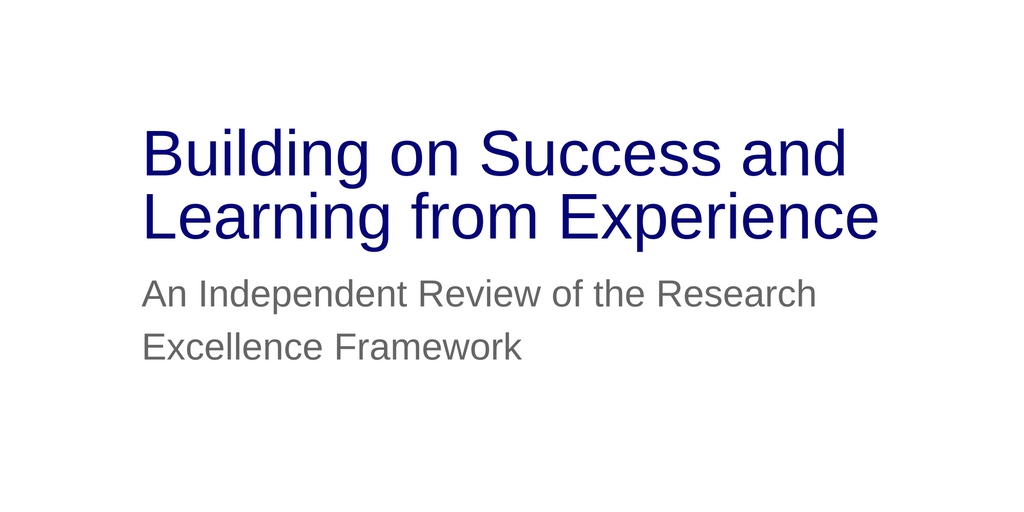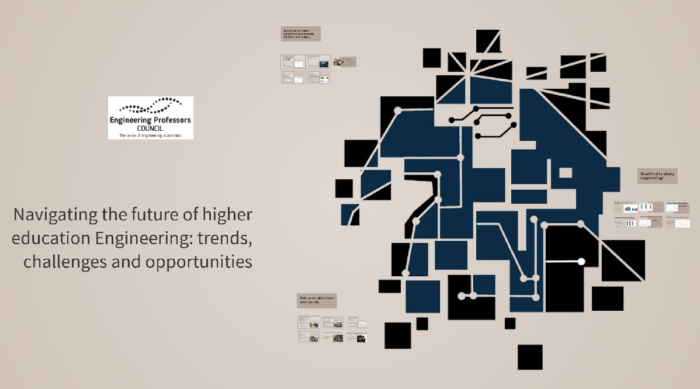President of the British Academy Lord Nicholas Stern was commissioned by the government to carry out the review of the Research Excellence Framework (REF). The independent report “Building on Success and Learning from Experience” was published last week (28th July).
You can read the full report here, but the recommendations are, in summary:
Outputs – Recommendations 1-4
Recommendation 1: All research active staff should be returned in the REF.
Recommendation 2: Outputs should be submitted at Unit of Assessment level with a set average number per FTE but with flexibility for some faculty members to submit more and others less than the average.
Recommendation 3: Outputs should not be portable.
Recommendation 4: Panels should continue to assess on the basis of peer review. However, metrics should be provided to support panel members in their assessment, and panels should be transparent about their use.
Impact – Recommendations 5-7
Recommendation 5: Institutions should be given more flexibility to showcase their interdisciplinary and collaborative impacts by submitting ‘institutional’ level impact case studies, part of a new institutional level assessment.
Recommendation 6: Impact should be based on research of demonstrable quality. However, case studies could be linked to a research activity and a body of work as well as to a broad range of research outputs.
Recommendation 7: Guidance on the REF should make it clear that impact case studies should not be narrowly interpreted, need not solely focus on socioeconomic impacts but should also include impact on government policy, on public engagement and understanding, on cultural life, on academic impacts outside the field, and impacts on teaching.
Environment – Recommendations 8-9
Recommendation 8: A new, institutional level Environment assessment should include an account of the institution’s future research environment strategy, a statement of how it supports high quality research and research-related activities, including its support for interdisciplinary and cross-institutional initiatives and impact. It should form part of the institutional assessment and should be assessed by a specialist, cross-disciplinary panel.
Recommendation 9: That individual Unit of Assessment environment statements are condensed, made complementary to the institutional level environment statement and include those key metrics on research intensity specific to the Unit of Assessment.
Wider Context – Recommendations 10-12
Recommendation 10: Where possible, REF data and metrics should be open, standardised and combinable with other research funders’ data collection processes in order to streamline data collection requirements and reduce the cost of compiling and submitting information.
Recommendation 11: That Government, and UKRI, could make more strategic and imaginative use of REF, to better understand the health of the UK research base, our research resources and areas of high potential for future development, and to build the case for strong investment in research in the UK.
Recommendation 12: Government should ensure that there is no increased administrative burden to Higher Education Institutions from interactions between the TEF and REF, and that they together strengthen the vital relationship between teaching and research in HEIs.
Also published was a summary of responses to the Research Excellence Framework (REF) review call for evidence and follow-up interviews. You can find the document here.




